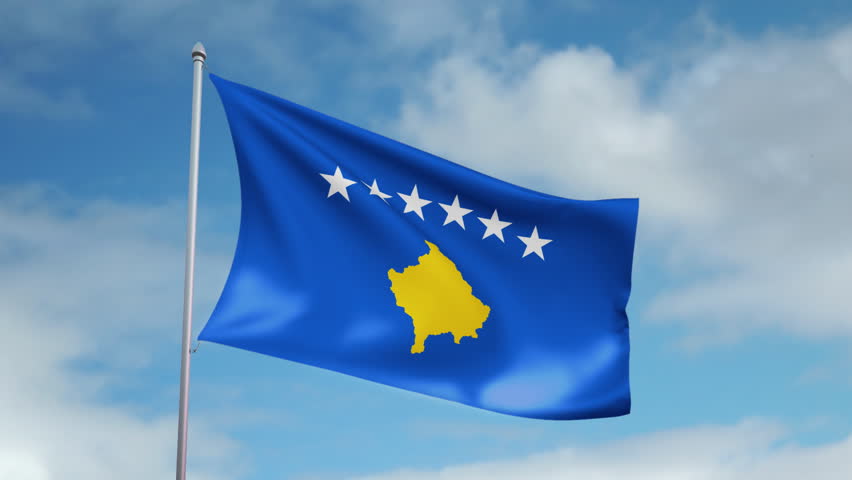modelcampusa.com – Kosovo’s status in the international community has been a subject of significant controversy since it declared independence from Serbia in 2008. This article explores the complexities surrounding Kosovo’s recognition, the legal and political challenges it faces, and the implications for its international relations.
Declaration of Independence
On February 17, 2008, Kosovo declared independence from Serbia, following a period of conflict and international administration under the United Nations. This unilateral declaration was a pivotal moment in the country’s history, setting the stage for its controversial status in the international arena.
Recognition and Non-Recognition
The international community is divided on the recognition of Kosovo as an independent state. As of 2023, over 100 United Nations member states have recognized Kosovo, including the United States, most member states of the European Union, and neighboring Albania. However, many countries, including Serbia, Russia, China, and several other UN members, do not recognize Kosovo’s independence.
Legal and Political Challenges
The legal and political challenges faced by Kosovo are numerous. Serbia continues to claim Kosovo as its sovereign territory, leading to ongoing tensions and disputes. The International Court of Justice (ICJ) opined in 2010 that Kosovo’s declaration of independence did not violate international law, but this has not resolved the controversy. The ICJ’s opinion, while influential, is not binding, and the issue remains a contentious one in international forums.
Implications for International Relations
Kosovo’s controversial status has significant implications for its international relations. The lack of universal recognition limits its participation in international organizations and complicates its diplomatic efforts. Additionally, the ongoing dispute with Serbia affects regional stability in the Balkans and influences Kosovo’s relations with other countries.
Efforts Toward Normalization
Despite these challenges, there have been efforts to normalize Kosovo’s status and improve its international standing. The European Union has played a key role in facilitating dialogue between Kosovo and Serbia, leading to agreements such as the 2013 Brussels Agreement. These efforts aim to address practical issues and pave the way for greater stability and cooperation in the region.
Conclusion
Kosovo’s controversial status in the international community is a complex issue with deep historical, legal, and political roots. While progress has been made through diplomatic efforts and agreements, the full normalization of Kosovo’s status remains a work in progress. The international community’s continued engagement and support will be crucial in resolving the outstanding challenges and ensuring a stable and prosperous future for Kosovo.
